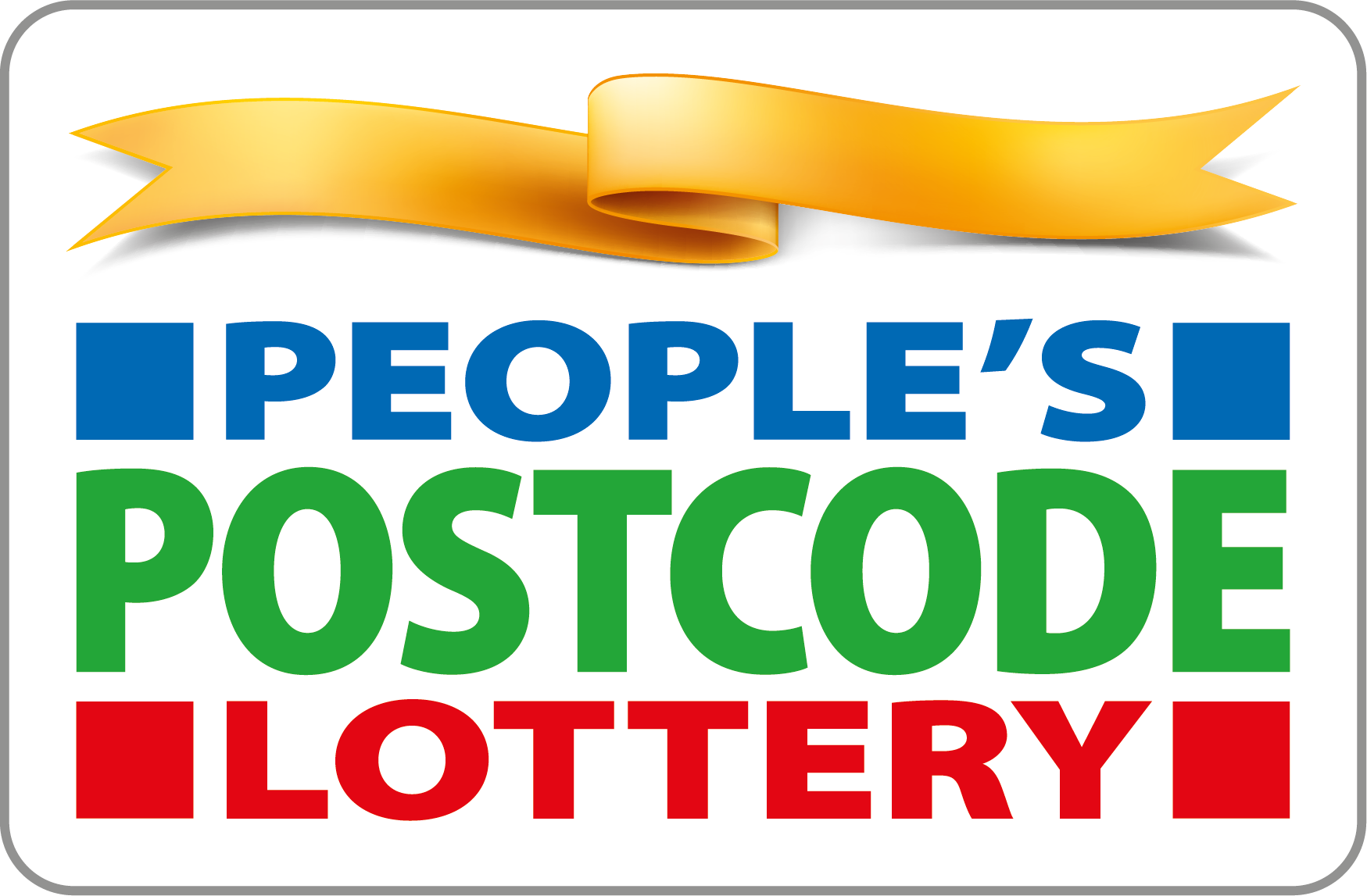
Introduction
The term ‘postcode lottery’ refers to the disparities in service availability and quality based on geographical locations in the UK. This phenomenon significantly affects various sectors, most notably healthcare, education, and local services, leading many to question the fairness of resource distribution across different areas. As discussions around equitable access to services grow, understanding the postcode lottery’s implications becomes increasingly crucial for both policymakers and the public.
Healthcare Disparities
One of the most prominent examples of the postcode lottery can be seen within the National Health Service (NHS). Patients living in different regions often have varying access to treatments and services. According to a recent report from the King’s Fund, there are stark differences in waiting times, diagnostic tests, and even the availability of medical specialists depending on the area in which patients reside. For instance, patients in affluent regions may receive hip replacements and other elective surgeries within weeks, while those in less affluent areas may face months of waiting due to resource allocation based on local budgets.
Education Variability
The postcode lottery also influences educational opportunities. Schools located in wealthier areas often have better funding, resources, and facilities compared to those in underprivileged suburbs. This disparity can translate to lower academic performance and fewer extracurricular activities for students from less affluent backgrounds. Recent statistics from the Department for Education show that students in disadvantaged areas are significantly less likely to achieve the same academic outcomes as their peers in more prosperous regions, further entrenching social inequalities.
Local Services and Community Support
The postcode lottery extends beyond healthcare and education into local services and community support. Access to public amenities like libraries, parks, and community centres can differ vastly based on one’s postcode. In many cases, communities in wealthier areas are better equipped with these essential services due to higher local council revenues, while deprived areas struggle with cuts and service reductions.
Conclusion
In conclusion, the postcode lottery poses significant challenges for fairness and equality across the UK. The disparities seen in healthcare, education, and local services underline a critical issue regarding resource allocation and social equity. As the government contemplates reforms to address these gaps, it will be vital for policymakers to consider the long-term implications of a postcode lottery, ensuring equitable access to essential services for all citizens, regardless of their location. Addressing these disparities could lead to a more balanced society and improve the quality of life for individuals across the nation.
You may also like

Navigating the Sky TV Refund Process

The Postcode Lottery: A Community Initiative that Matters
